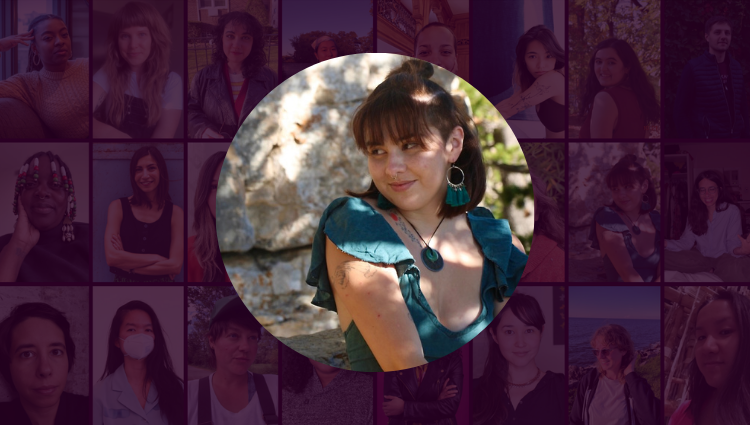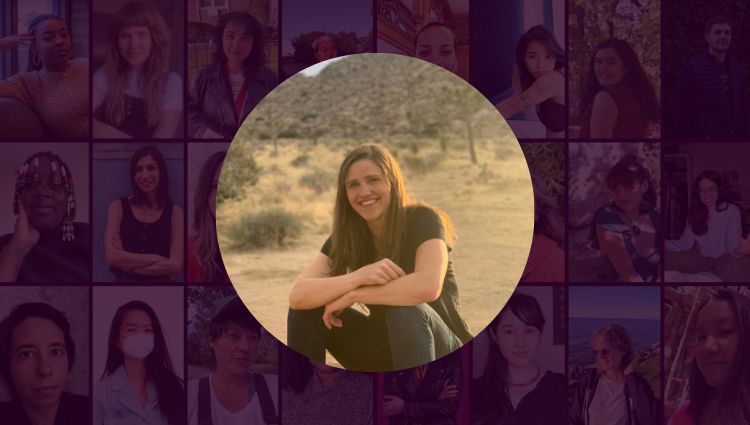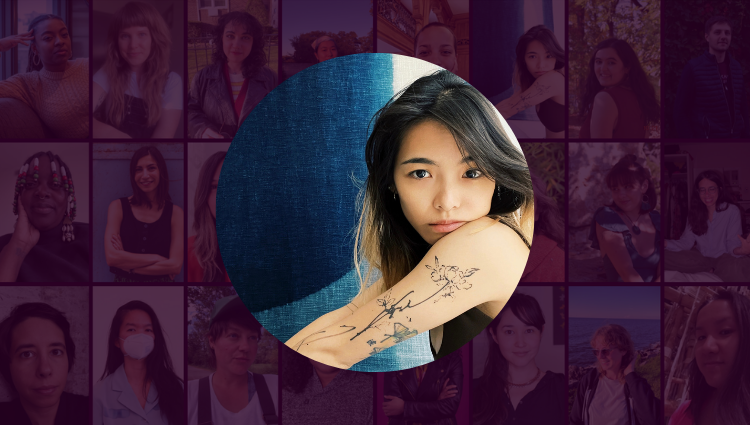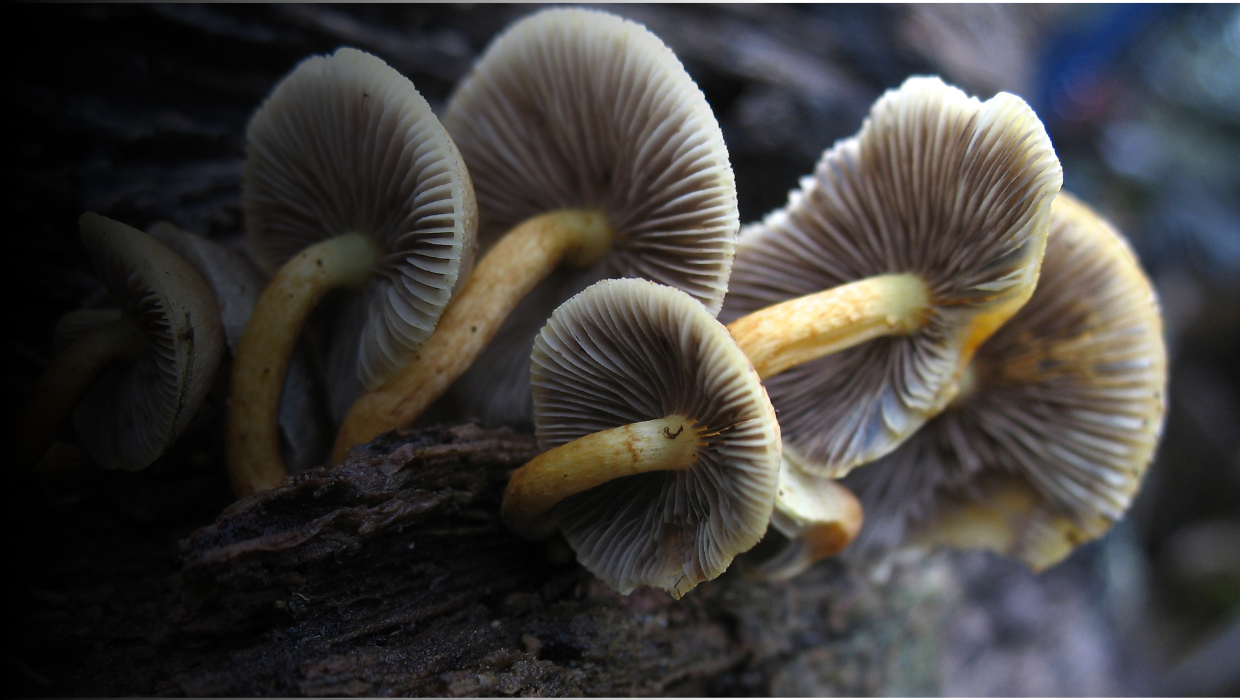Writing into Dystopia
An excerpt from a piece in progress
Zoë Luh 陸 was one of our Summer 2024 Digital Residents. As a part of this program, we give our residents the option to publish an excerpt of their work, write a process piece, or have a Q&A with us. Here, Zoë shares an excerpt from a hybrid piece, Writing into Dystopia, that expands on excerpts from a poem in progress. You can read more Spotlights here.

What does my body look like on the page? How do the hands of colonialism and capitalism shape my work and my body? The introductory excerpt speaks to my internal struggle with these questions, as well as the idea of change coming through neurological healing. Institutions have buried themselves so deep in me that it is impossible for them to not appear in my writing, in the way my body is on the page. My atrophied brain makes jagged holes in my writing where institutions have left their mark. As I grapple with the reality of living under capitalism with chronic illnesses, I think about the connections between my own experiences with the medical-industrial complex and the world-wide atrocities caused by systemic violence.
Systems of oppression wield disablement and illness as tools for further violence and suppression. Disability is the intersection of so much systemic violence, which we see in our everyday lives and we also see globally as people are disabled by state violence. As I’ve been reflecting on my own journey as a disabled person and learning how to create my own bodily autonomy, I think about what this looks like on a collective level. What would our world look like if systems of true care were readily available? How could we exist if we shed colonial ideas of body and embodiment? Would my disabilities even exist without colonialism? I think an essential part of this imagining and figuring out how to reclaim autonomy is through writing and dreaming. Disabled bodily autonomy is, by nature, outside of the bounds of colonialism and capitalism, so we must be able to dream beyond the bounds of these systems. For me, a key part of dreaming, imagining, creating, is working through the conflicting feelings of witnessing and experiencing atrocities while also continuing with life.

The excerpts in this piece are from a poem I recently wrote that speaks to feeling the sorrow, hope, and confusion of processing our world. This poem is part of a larger project that leans into exploring our dystopian reality from a disability-centric lens. What does healing look like in a world where the body is weaponized? What does bodily autonomy look like in late-stage capitalism? To fully understand and love our disabled bodies, we must dismantle inherited ideas of colonial body/embodiment. For me, delving into dystopia also means imagining another world. When I sink into sorrow and despair, I am reminded by community of love and joy, so I can’t write about one without the other. I intend to keep hope and sorrow at the forefront of my work as they coexist and intermingle. Through this imagining, I am trying to write and create my own bodily autonomy and healing. I write towards the heartbreaking intimacy in imagining a more loving future emerging from dystopia.




